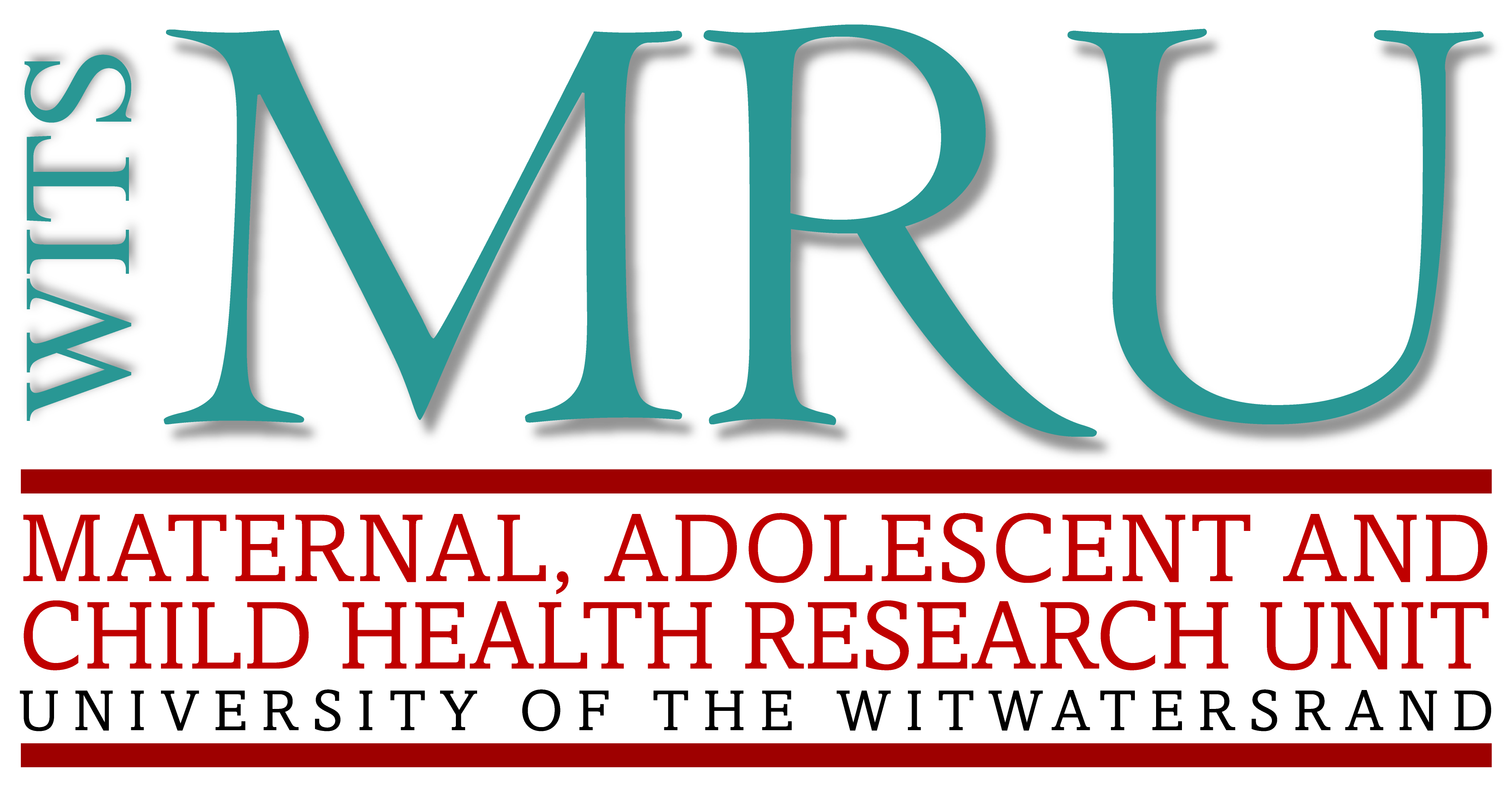Health Systems
Nursing Resilience
Study title | Developing a resiliency intervention to support nurses engaged in the provision of HIV care (Phase I) |
Study design | This study will adapt, refine, and pilot test an existing stress management and resiliency-enhancing intervention (the Relaxation Response Resiliency Program; 3RP) for nurses providing HIV care in the public sector in SA. We will identify the ways in which the 3RP requires adaptation to meet the needs of nurses based on data collected from focus group discussions (FGDs) and adapt the intervention accordingly. We will enroll N=15-21 nurses to participate in FGDs (up to 3 groups of 5-7 nurses). |
Funder | NIH – |
Principal investigators | Dr Christina Psaros – Massachusetts General Hospital, Prof Jenni Smit – Wits Maternal Adolescent and Child Health Research |
Site | EThekwini clinics providing HIV care |
Completed Health Systems Studies
DIFFER: Diagonal Interventions to Fast-Forward Enhanced Reproductive Health
| Funder/Sponsor: | The European Union |
| Principal Investigator: | Prof J Smit (MatCH Research) |
| Site: | MatCH Research Commercial City Site and community in central Durban |
| Collaborators: | University of Ghent – International Centre for Reproductive Health (UG-ICRH), Belgium, Ashodaya Samithi (Ashodaya), India, International Centre for Reproductive Health Association, Kenya (ICRH-K), International Centre for Reproductive Health Association Mozambique (ICRH-M), Lifeline, Durban |
Recreational Antiretroviral Use in South Africa
| Funder/Sponsor: | Funded by NIH though CFAR grant |
| Principal Investigator: | Prof J Smit |
| Site: | SANCA Lulama Treatment Centre |
| Collaborators: | Havard Medical School and Massachessetts General Hospital. SANCA Lulama Treatment Centre |
